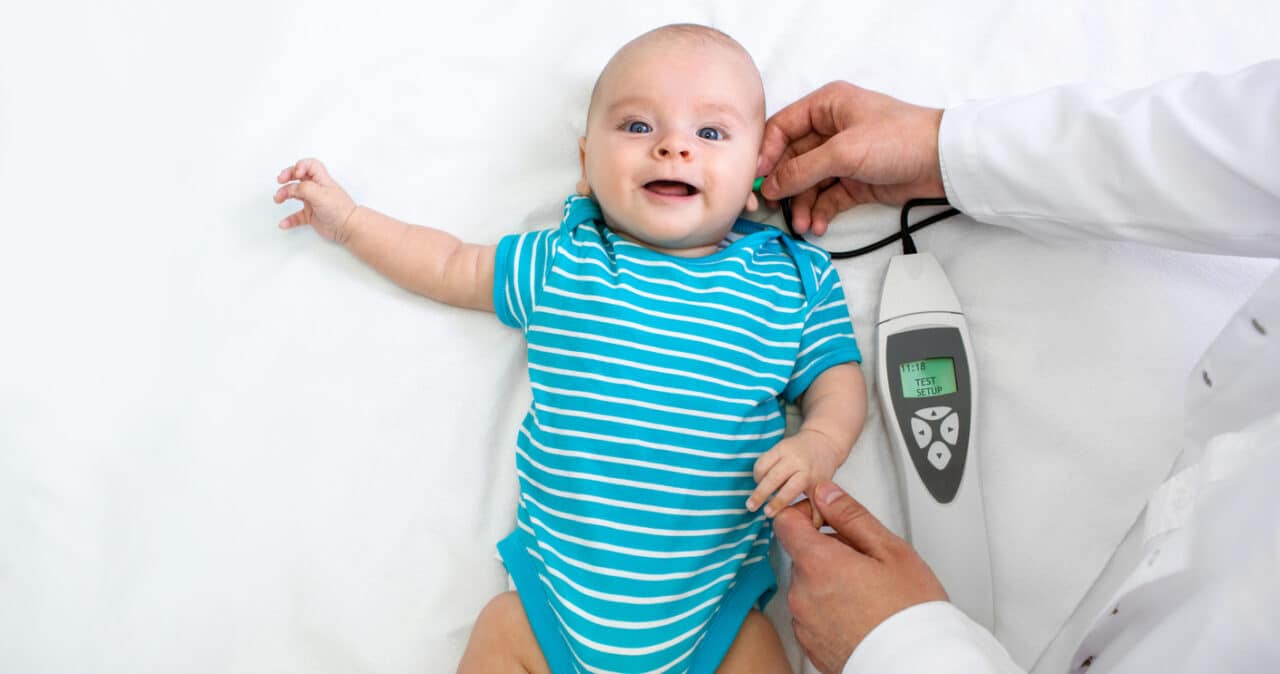Microtia is a birth defect in which the external ear is not fully developed. It often occurs with atresia, a condition in which the auditory ear canal is not fully developed, closed or missing, resulting in hearing loss. The CDC estimates microtia affects one in every 3800 babies born in the U.S.
There are four types of microtia, ranging from the mildest form (Type One), where the ear retains its shape but is smaller than usual, to the most severe (Type Four), where the external ear is missing. It typically occurs during the first trimester of pregnancy, when the outer ear is being formed.
Causes and Diagnosis

The causes of microtia and atresia are unknown, but some theories exist. Some babies have an abnormality in a single gene, causing the defect. The CDC reported findings on some factors that have a risk for a baby with microtia.
Key factors:
- Women who have diabetes before getting pregnant have a higher risk of having a baby with microtia.
- Pregnant women who eat a diet lower in carbohydrates and folic acid might have a higher risk of having a baby with microtia compared with other pregnant women.
- Medications such as Accutane can lead to birth defects, including microtia.
Microtia is visible at birth and can be diagnosed via a doctor’s examination. Children born with facial defects are at a higher risk of low self-esteem and bullying. Treatment options are available so any child born with microtia can still confidently enjoy visits to Pendleton King Park.
Treatment Options
When microtia and atresia are diagnosed, a doctor can help decide the best course of treatment. The conditions are often associated with mild to severe hearing loss and, fortunately, can be treated with reconstructive surgical options and assistive listening devices.
Treatments for microtia:
- Ear reconstruction from a plastic ear grafted with tissue from the patient
- Rib graft construction, which is an ear sculpture created from the patient’s rib cartilage
- A prosthetic ear can be secured with magnets or adhesive
Treatments for atresia:
- Corrective surgery to widen the ear canal
- Surgery to implant a bone-conducting hearing system
Surgery for these conditions would usually be between ages four and 10, depending on the defect severity and when a patient can comply with postoperative instructions.
Microtia Awareness Day is November 9. To learn more about pediatric hearing loss, contact a hearing specialist at Augusta – Aiken ENT & Allergy to schedule an appointment.